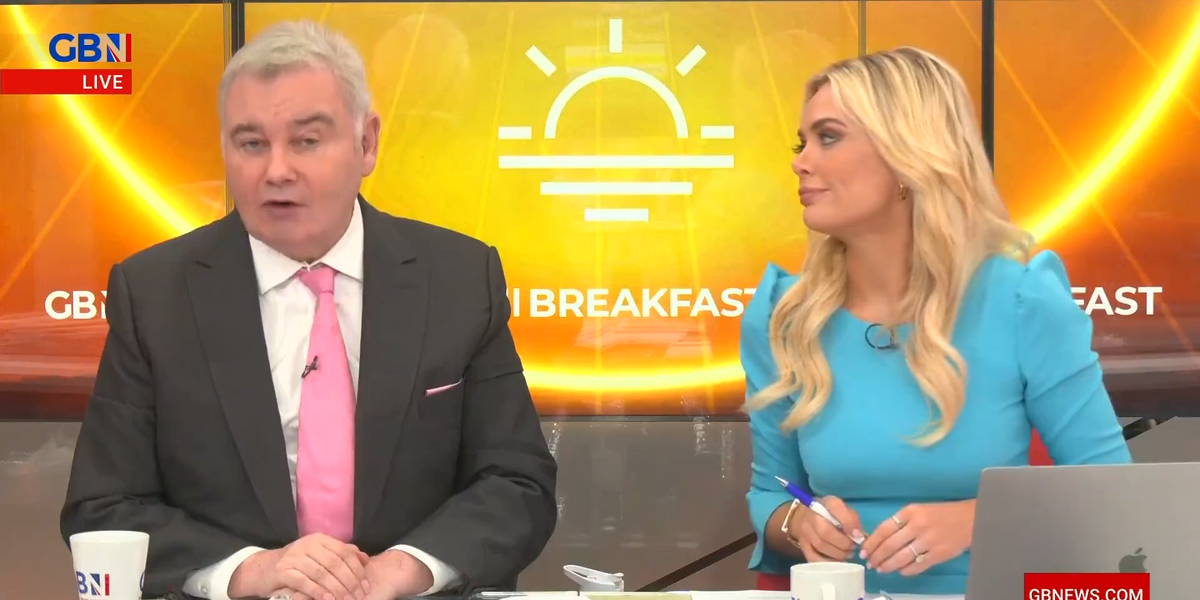The almost infinite space and time provided by streaming TV often feels like a mixed blessing: brevity and concision are underrated virtues. But all the same, some stories demand to be able to sprawl; to spread out and take their time. However, surely not many people who have seen Baz Luhrmann’s nearly three-hour 2008 film Australia would argue that was one of them? The very last thing Australia needed was to be longer.
But some people simply won’t be told. And it seems Luhrmann is one of them. An expanded version of Australia is, bizarrely, an itch he has clearly been longing to scratch. During lockdown, while most of us were pondering sourdough starters and never-finished Proust novels, he finally saw his chance. Could something be done with the alternative endings he had filmed, or the extra footage he had discarded? Could he return to this story and make it fly?
There was an outside possibility that this could have worked. Even if the total running time is now even more expansive, dividing this epic narrative into bite-sized 45-minute episodes could have rendered it slightly more digestible. But, sadly, the same problems remain: Faraway Downs still feels baggy, bloated, lacking in emotional or historical nuance and tonally confused. It’s The African Queen meets Crocodile Dundee.
One of the main issues with Faraway Downs is simply the story. There’s really not much to it. As the second world war looms, Nicole Kidman’s seemingly prim Englishwoman Lady Sarah Ashley has decided to take control of her destiny. Her husband is in Australia disposing of their huge cattle ranch. But Lady Sarah has decided to dispose of him. To that end, she travels to the edge of the world in search of a divorce and a fortune.
Upon arrival, however, it is immediately clear that she has bitten off more than she can easily chew. Her husband has died. And Australia turns out to be a grubby and chaotic place – she’s at the mercy of the unruly locals (one of whom suspects she might be a soft touch and is therefore attempting to steal her land) as she attempts to settle her business. An epic horseback journey awaits – and at least this time, we’re given some explanation regarding Lady Sarah’s advanced equestrian skills.
Her only guide through this confusion is Hugh Jackman’s initially nameless cattle drover who, just to make sure we’re absolutely clear about his character, we first meet engaging in a cataclysmic bar brawl. Truly, these are two of the least subtly drawn archetypes in screen history. The drover is a study in sweat, ingrained outback dirt and gruff common sense, while Lady Sarah fusses around daintily. Their relationship is, of course, stormy. But, equally inevitably, they both unleash something in the other: the drover accesses something approaching tenderness while Lady Sarah locates previously untapped reserves of stoicism and a little wildness. But even given more room to breathe, it feels like a generic fictional romance; a relationship that never manifests in more than one dimension.
This might still make for mindless but relatively harmless fun. However, there is another problem. Lady Sarah has fallen hard for (admittedly charming) Indigenous Australian child Nullah (Brandon Walters). Through Nullah, we are encouraged to consider the provenance of the land and the fate of its original occupants. Sadly, though, Luhrmann’s treatment of his minority ethnic characters is no more convincing than in the original film. In fact, given the growing emphasis on representation in the years since Australia was released, the lack of depth of these characters feels even less forgivable now.
The standard acknowledgement from Reconciliation Australia which appears at the beginning of each episode (“We acknowledge Aboriginal and Torres Strait Islander peoples as the original custodians of the land on which we work and live”) is clearly well-intended but here feels a little tokenistic in the context of what follows. Nullah still appears both exoticised and passive, and there remains a distinct whiff of white saviour syndrome about the leading pair’s relationship with Indigenous people. In the context of Australia’s “no” vote in the recent Indigenous Voice referendum, this is more unfortunate than ever. There is little sense of real representation beyond a set of very familiar narrative tropes.
Luhrmann is clearly in thrall to the idea of the epic cinematic experience; the spectacle. Sadly, in this case, his instinct towards grandeur for grandeur’s sake leads him to neglect the tiny nuances that make stories sing. The film already felt like a misjudged exercise in maximalism. The series it has spawned is as vast and empty as the country it explores. Size isn’t everything.
after newsletter promotion
-
Faraway Downs is on Disney+.

James Parker is a UK-based entertainment aficionado who delves into the glitz and glamour of the entertainment industry. From Hollywood to the West End, he offers readers an insider’s perspective on the world of movies, music, and pop culture.








